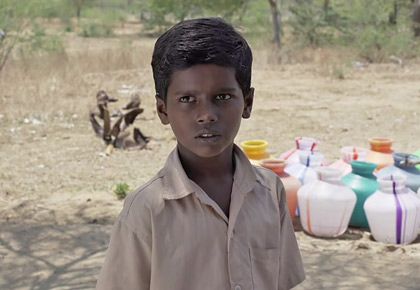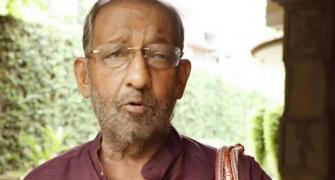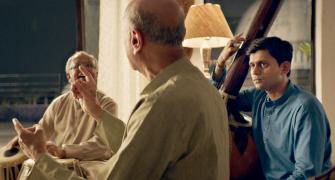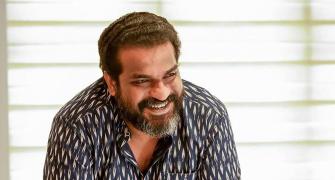'If we selected a political film or a film on a specific cultural event, they could easily be bypassed if they don't match with the political ideologies of the people viewing the film at the Oscars.'
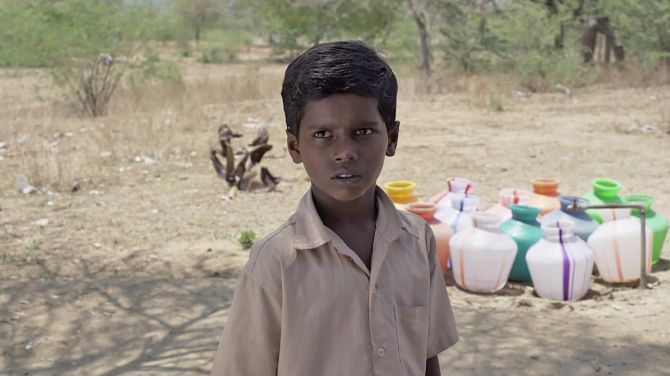
Shaji N Karun, the fine film-maker who headed the 15-member jury to select India's Oscar entry, has solid reasons why Tamil film Koozhangal was picked unanimously as India's entry in the Best Film In A Foreign Language category at the Academy Awards.
Koozhangal came ahead of 14 other films like the Malayalam feature Nayattu, the Tamil film Mandela, Shoojit Sircar's Sardar Udham, the Vidya Balan starrer Sherni, Farhan Akhtar's Toofan, the Captain Vikram Batra biopic Shershaah and the Marathi film Godavari.
Shahi tells Subhash K Jha, "All art in India, at the end of the day, must reflect on the changes that have come upon us since Independence."
What made the jury select Koozangal over the other entries?
If you look at the movies that we are going to compete with at the Oscars, it's like on the level of the Olympics. We should know what we are up against.
Looking at the festivals across the world which win awards, they all have a common thread of humanism in them.
The idea of the human heart triumphing over all obstacles.
That quality is common to all cultures.
We wanted to select a film that celebrated humanism.
If we selected a political film or a film on a specific cultural event, they could easily be bypassed if they don't match with the political ideologies of the people viewing the film at the Oscars.
Koozhangal has a lot of silences, so less need for subtitles.
(Laughs) You may be right. The film is called Pebbles. The child is like a pebble lost in the ocean of civilisation.
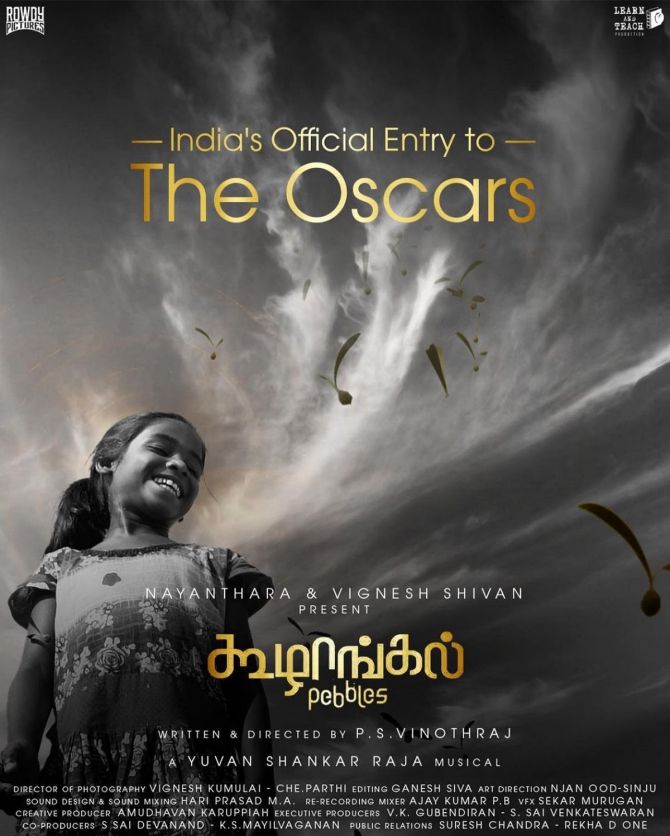
There hasn't been a Hindi entry sent to the Oscars for years.
The popular film-making idiom has always been for the masses.
Bollywood and popular cinema cater to a particular kind of audience that is ever-changing in profile, but not in philosophy.
Koozhangal addresses the idea of a fractured family and a child trying to bring his mother back into the family.
This is an idea reflective of a society in a flux.
All art in India, at the end of the day, must reflect on the changes that have come upon us since Independence.
We rarely get to see your own outstanding films -- only seven films in 33 years.
Yes. My last directorial Oolu was made in 2018, but it released in 2019.
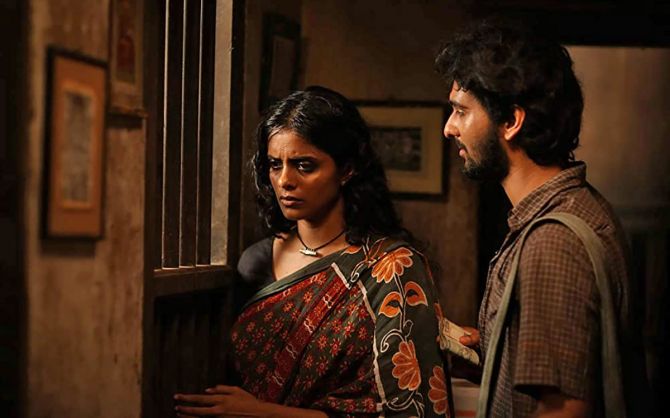
Why such long gaps between films?
I can't rush to a new film just because I have to.
Making films is meditation for me.
The inspiration has to come from within. It cannot be forced.
Now additionally, I've a big responsibility on my shoulder as the chairperson of the Films Development Corporation in Kerala.
I have to make sure that the responsibility given to me -- of ensuring all-round improvement and development in the Kerala film industry -- is well executed.
Once I get the problems sorted, I will move on and let the others deal with the execution of my ideas.
But for now, I am totally involved with this job. As it is, two have years have gone because of COVID.
So we may have to wait longer for your next.
Let's see. I have two films on hand.
On my request, the chief minister of Kerala gave me this job of upgrading cinema in Kerala, so that comes first.
Once the process of development starts, I will get back to making a film.
This time, I promise there won't be a five-year gap.
